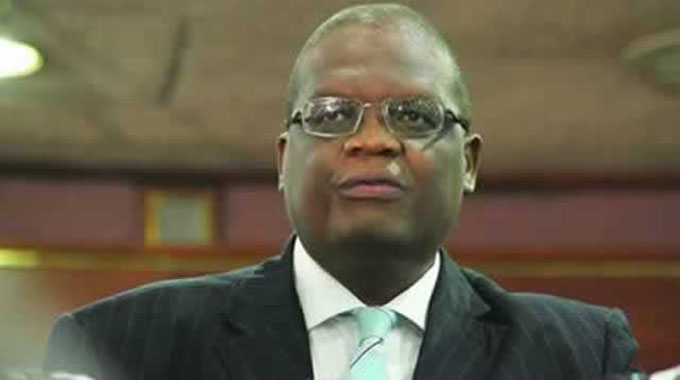Zimbabwe embraces green financing

Leonard Ncube in Victoria Falls
THE Reserve Bank of Zimbabwe (RBZ) is working on a framework that will guide the country’s financial sector to adopt sustainable green financing principles in line with global trends.
RBZ deputy governor Dr Kupukile Mlambo said this in his official address at the Sadc Development Finance Institutions Network (Sadc-DFIs) conference, which ends today here.
The conference started on Monday. It is a forum for chief executives of Sadc-DFIs under the banner of Sadc Development Finance Resource Centre (Sadc-DFRC), which has membership of 41 DFIs in the region.
Dr Mlambo said central banks in the region should come up with environment friendly options for finance institutions in light of global warming and climate change affecting the globe.
“Central banks can play a pivotal role in developing a sustainable finance map to guide local banks and financial institutions to scale up provision and access to green finance. In Zimbabwe, though not a green central bank yet, RBZ is a member of the Sustainability Standards and Certification Initiative (SSCI) with effect from September 1, 2018,” he said.
“The membership is expected to contribute immensely towards creation of green digital, inclusive and sustainable financial services sector in Zimbabwe. The RBZ is currently developing a framework to guide the financial sector on the adoption of sustainability principles.”
Dr Mlambo said Zimbabwe has two of the eight financial institutions that have been accepted as members of SSCI.
He said DFIs were key stakeholders in the green financing agenda hence the need for an all-stakeholder participation. At the conference Zimbabwe was represented by Agribank and the Industrial Development Bank of Zimbabwe.
DFIs’ role is around humanitarian and developmental work on capital projects and relief in times of disaster hence their participation in green financing agenda. In light of this, Dr Mlambo said, there was a new realisation that extreme weather conditions and global warming as well as transition to lower carbon economies have implications for growth and inflation.
He said the rhetoric in the banking sector was fast evolving to how central banks should respond to making monetary policy consistent with climate related financial risk.
“Green central bank is finally becoming part of lexicon where they should take into account environmental risks from climate change that may have a material impact on financial stability and economic growth,” highlighted Dr Mlambo who was guest of honour.
He said green financing is as such becoming a major global consideration as it promotes the flow of financial resources towards implementation of sustainable business models, investments, trade and economic, environment and social projects.
Embracing sustainable development in the financial sector is also in line with United Nations Sustainable Development Goals and also fulfils each government’s mandate towards the Paris Agreement on climate change signed in 2016.
Dr Mlambo encouraged financial institutions to collaborate to mitigate against environment risks and explore into available opportunities such as investing in agricultural practices, renewable energy, infrastructure development and research.
Agribank chief executive officer Mr Somkhosi Malaba said green financing was the in-thing for the banking sector hence the need to interact.
Sadc-DFRC CEO Mr Stuart Kufeni challenged DFIs to implement green financing in their respective countries as they are key development agents.
“Green finance is very critical yet we haven’t been moving with the same pace. We need to be ready and start implementing in our own countries,” he said.
The theme for the conference is: “Green Finance and Development Finance Institutions in Sadc.”











Comments